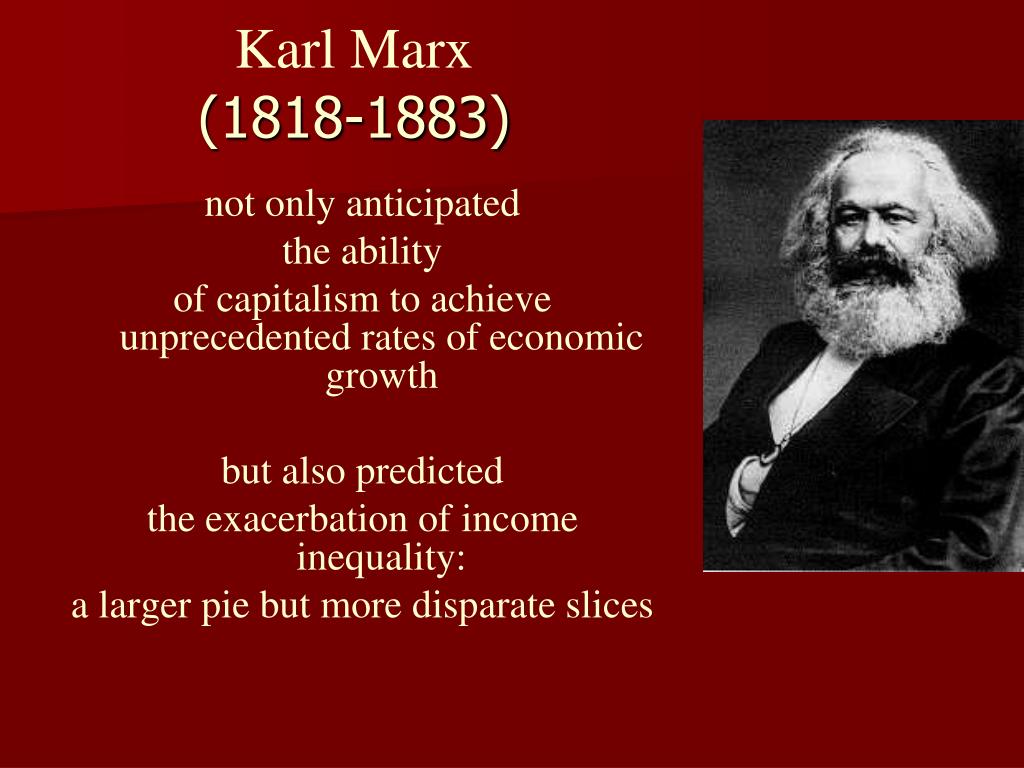

In contrast to some historical works on the British working class by authors like Mary Ellison, Marx and Engels claimed that the workers favored the Union. Zimmerman emphasizes that Marx had more faith in Lincoln eventually embracing emancipation than the more military-focused Engels. In their opposition to slavery, Marx and Engels hoped to build on a general antipathy toward slavery. Much to their anger, Lincoln did not emphasize slavery until much later in the war.

Using the language of class conflict, the two writers compared the emancipation of slaves and workers from planters and aristocrats. He starts with the origins of the war Marx and Engels perceived the conflict to be about slavery. Zimmerman maintains a chronological organization of the letters, but provides categories for them. The prism of class warfare heavily influences Marx and Engels’s reading of the Civil War era. They perceived of the war in the United States as an unfolding revolutionary struggle, one that evolved from saving the Union to one about slavery and labor relations. Overall, the book highlights Marx and Engels’s particular worldview. While the work is a reprint of Richard Enmale’s 1937 edition, Zimmerman has regrouped the letters and articles into chronological categories and provides introductions to each of his sections. Andrew Zimmerman brings these three influential individuals together by reintroducing Marx and Engels’s writings regarding the Civil War. If Abraham Lincoln is among the most respected US statesmen globally, then Karl Marx and Friedrich Engels are even more (in)famous and their Communist Manifesto (1848) had a profound impact on history. Reviewed by Niels Eichhorn (Middle Georgia State University) New York: International Publishers, 2016. The Civil War in the United States.Įdited by Andrew Zimmerman.


 0 kommentar(er)
0 kommentar(er)
